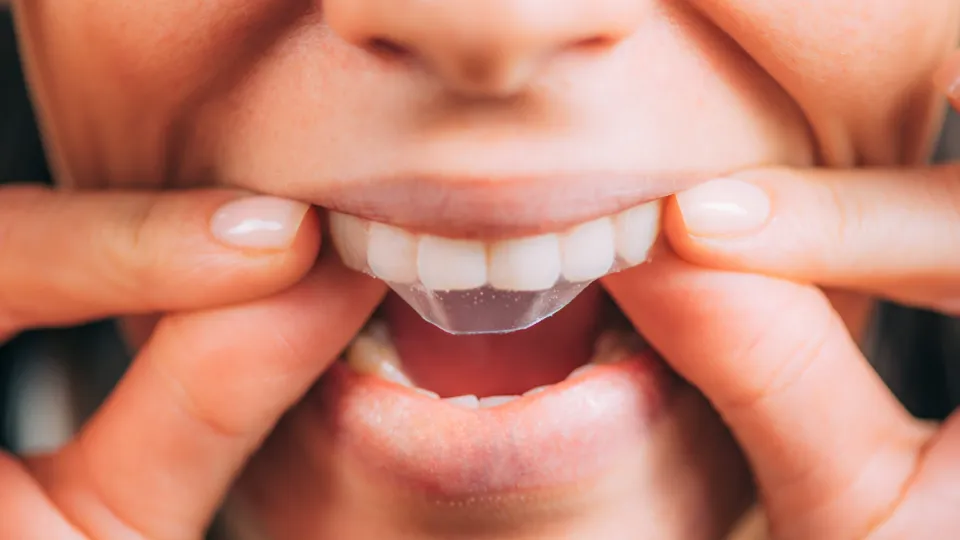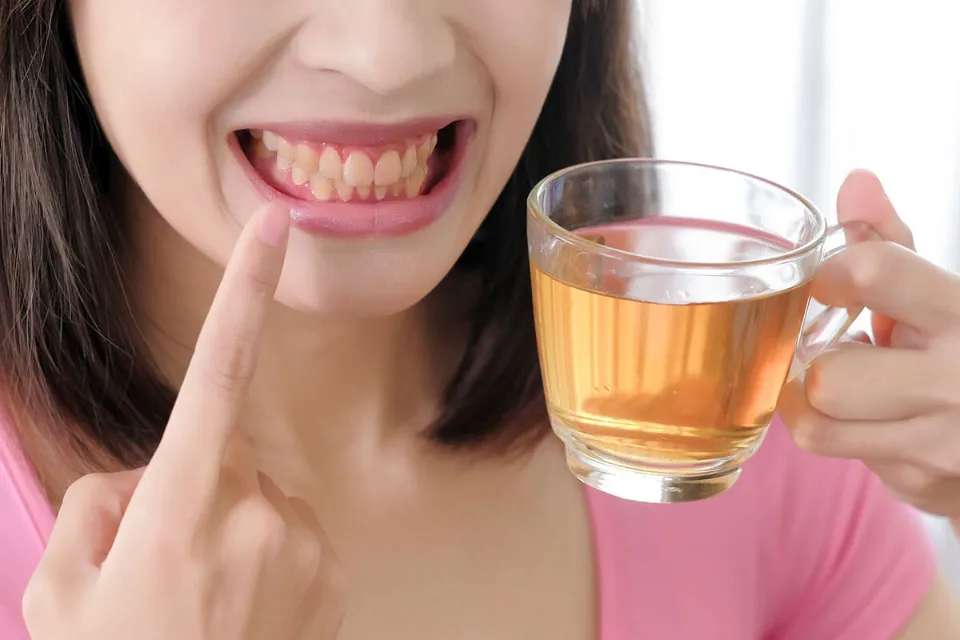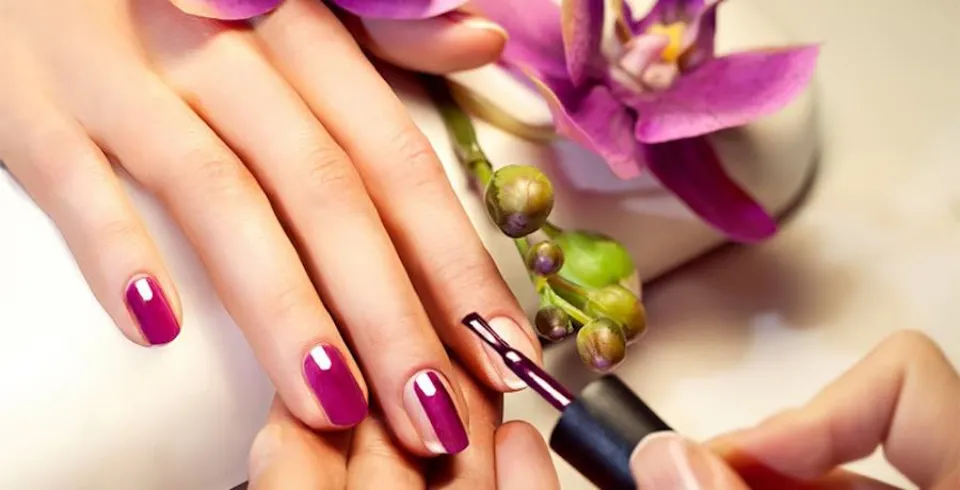If you’ve ever used at-home teeth whitening strips, you know how easy it is to get busy and distracted by other things, inadvertently leaving them on for longer than the recommended time. But did you know what happens if you leave whitening strips on too long?
That’s okay in moderation, but leaving whitening strips on too long will drastically weaken your teeth. This could lead to discomfort, broken sleep, gum disease, and tooth loss.
Keep reading and know more about the bad effects when you leave whitening strips too long.
What Are Whitening Strips?
Whitening strips improve the whiteness of your smile. In order to give you a brilliant smile, whitening strips are used to remove tough stains from teeth that brushing can’t get rid of.
Whitening strips are not technically dental products, despite the fact that the dental industry creates and sells them. Unfortunately, the aesthetic effects of whitening strips are minimal.
If you want to buy whitening strips, check our guide on Best Whitening Strips.
What Happens If You Leave Whitening Strips on Too Long?

Wearing whitening strips beyond the instructed time limit can lead to gum irritation in the form of chemical burns.
White spotting may also be present right away after use, but this discoloration is usually only transient.
If you leave whitening strips on for too long, you might also develop tooth sensitivity. The gel can irritate the nerves in our teeth, which is frequently the case if you’re using a product with a higher peroxide content.
Similar to how tooth enamel can start to deteriorate if the product doesn’t contain ingredients that balance the pH level.
For more whitening strip usage tips, keep reading:
- Should I Brush My Teeth After Using Whitening Strips?
- How Often Should You Use Whitening Strips?
- Can You Eat After Whitening Strips?
How Long Should You Leave Whitening Strips On?

Whitening strips will only be effective if the manufacturer’s instructions are followed.
Find out how to use the whitening strips and how long they should stay in place. The amount of hydrogen peroxide in the strip will determine how long it takes to work, and this will depend on the product’s strength.
While some whitening strips only require five minutes a day of wear, others require an hour. Because the chemical compounds are more diluted in lower-end brands, they typically need to be in place for longer.
Avoiding whitening strips is advised for those who are young, pregnant, or have dental problems already.
Related Post: How to Use Whitening Strips?
Should You Use Whitening Strips?
Whitening strips can be an effective way of improving the appearance of stained or yellow teeth, but the possible problems above should give you pause for thought before deciding to start using them.
Although the cost will be slightly higher, getting a series of professional whitening treatments from your dentist or even getting dental veneers fitted will offer better long-term results with significantly fewer risks.
It’s a good idea to visit your dentist for a thorough examination and some advice before using whitening strips if you do decide to do so.
Conclusion: What Happens If You Leave Whitening Strips on Too Long
If you experience any pain or discomfort while using at-home teeth whitening strips, a dental professional can help determine if the strips are causing your symptoms and recommend a course of treatment.
If your teeth have surface stains, using tooth whitening strips is acceptable. Never keep them on longer than instructed, as attempting to speed up the whitening process can cause problems.
FAQs About Left White Strips On Too Long
Should I Brush My Teeth After Using Whitening Strips?
No, you shouldn’t brush your teeth right before applying whitening strips.
What Happens If You Leave Whitening Strips on Your Teeth Overnight?
Leaving whitening strips on for too long can cause chemical burns to your gums.
Do Whitening Strips Work Better If You Leave Them on Longer?
Utilizing them for a longer period of time than recommended can result in unsightly splotches on your teeth and increased sensitivity.




